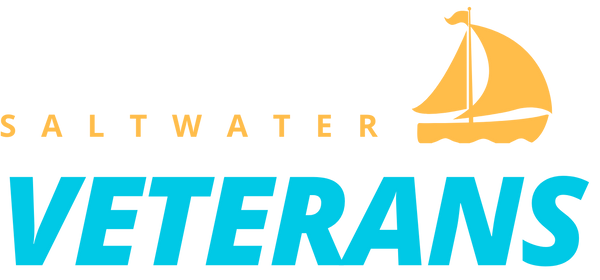ADF & DVA Funding Support
As part of our charitable mission to remove financial barriers for veterans and their families to access inclusive sailing opportunities and training, SVSP does not charge its Sailing Supporters for courses. We work hard to fundraise to cover logistical expenses such as vessel hire, instructors, and Australian Sailing certification fees.
Below are two funding options to help support these costs:
Current Serving ADF Members Funding
-
If you’re a current serving ADF member, please apply for Service (Navy,Army or Air Force) Sailing funding before requesting SVSP support. Your funding request should be for $550 per course you wish to complete — Start Crewing, Helming, Skippering, Powerboat Handling, or Safety Boat Operator are separate courses in the Australian Sailing pathway. The amount requested matches the course fees charged by clubs like RSYS or RPAYC as of August 2025.
Using your Service Sailing funding helps SVSP stretch our resources to support other veterans and families who don’t have access to ADF funding. If your application is approved, the funds are donated back to SVSP to help cover group delivery costs. If not approved, SVSP will fund your place through our own fundraising efforts.
DVA Funding Support for Veterans on Approved Rehabilitation Plans
-
Apply Through Your Rehab Provider / Manager
DVA provides funding for psychosocial rehabilitation activities as part of its Rehabilitation Program. These activities help veterans overcome barriers to achieving broader rehabilitation goals and promote social connections in a civilian environment.
Key features of these activities include:
- Short-term and cost-effective: Focused on targeted outcomes within a limited timeframe.
- Learning and skill acquisition: Helping veterans develop tools and skills to manage barriers.
- Sustainability: Building strategies for ongoing wellbeing beyond the rehab program.
All activities must be directly linked to an identified need and supported by evidence-based professional advice. Rehabilitation consultants explain how each activity addresses specific barriers and supports overall rehabilitation objectives.
For example, a veteran experiencing social isolation after discharge from the Australian Defence Force (ADF) might be supported to engage with local community groups like a Men’s Shed or a sports organisation to foster connection.
